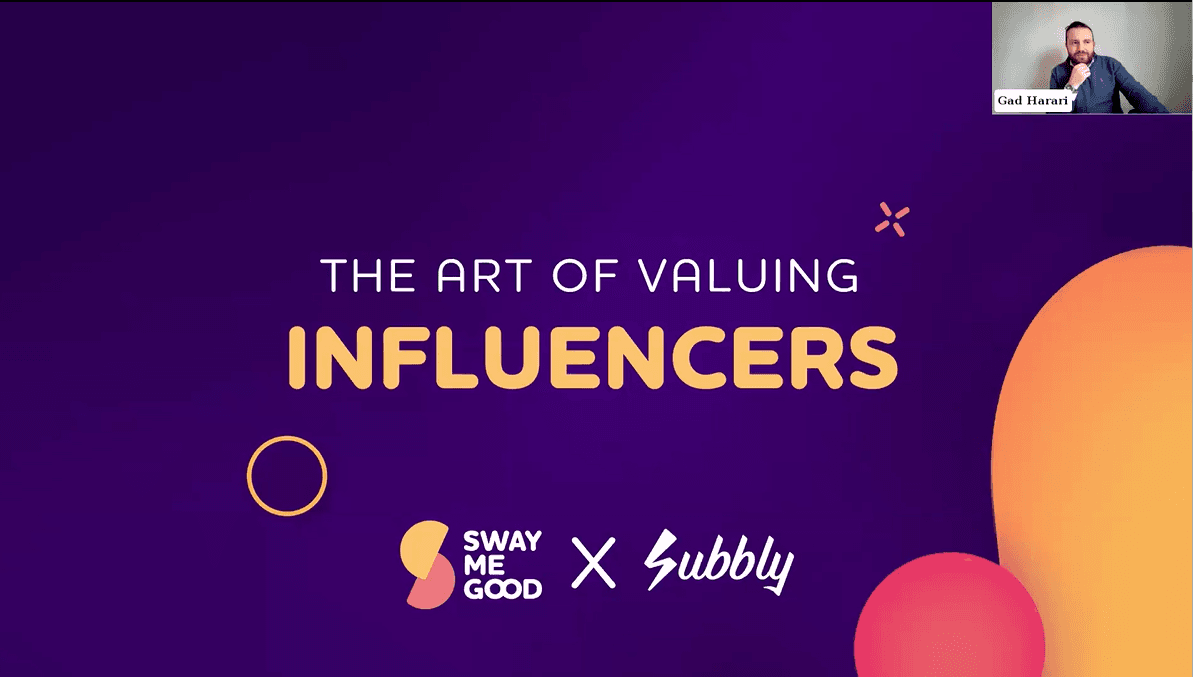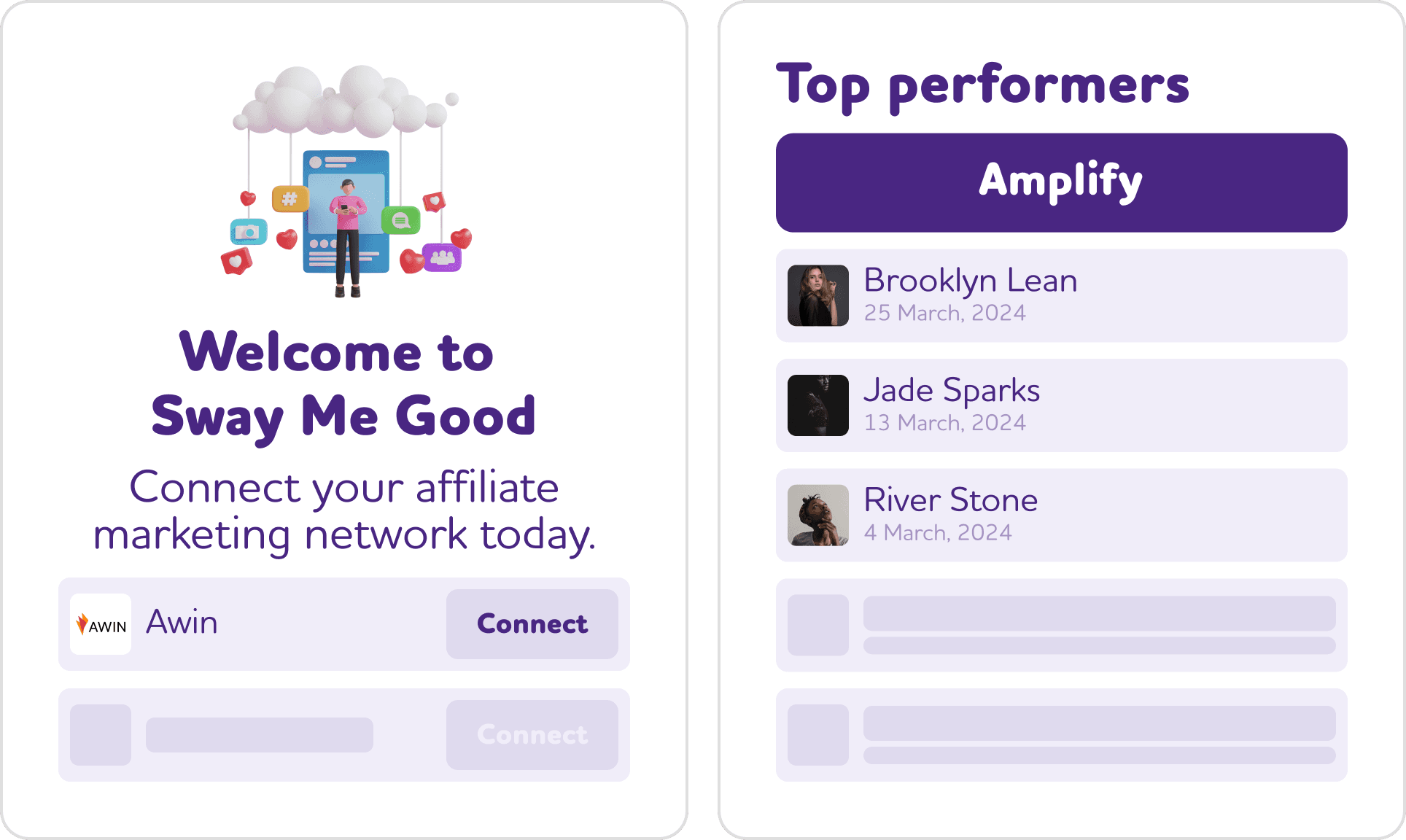02 January, 2025
A cursory Google search of ‘Influencers and Crypto Currency’ illustrates a worrying issue. Instead of results about financially savvy influencers creating balanced content about crypto markets to educate their lay followers, the results warn of scams and deception.
The first three search results for this query are ‘Research: Be cautious in following crypto-influencers’ from Indiana University, ‘How crypto influencers manipulate vulnerable investors’ from Cambridge Judge Business School and ‘You should be wary of crypto influencer advice’ from Futurity.

This is a huge missed opportunity as creators like @thesavvyspenderofficial on Instagram and That Money Guy (@gabriel.nussbaum) on TikTok create incredibly valuable content for everyday consumers (especially young professionals) that aims to help them improve their financial literacy, savings, tax efficiency and ultimately improve their quality of life.
The key difference between the two types of influencers is clear. The former aims to help you get rich quick, while the latter offers a route to sustainable financial security through discipline. The former offers a sexy way of life while hiding the incredibly high risks taken to achieve it, while the latter delivers hard truths around short-term sacrifices and hard work that delivers long-term benefits.
This difference reveals a bigger problem: social media has created an imbalance in how financial advice is consumed. Flashy cars, private jets, and promises of quick wealth dominate the narrative, while more practical and disciplined advice—focused on budgeting, saving, and investing for the long term—struggles to gain the same traction.
In response to these challenges, the Financial Conduct Authority (FCA) recently issued a press release warning firms and financial influencers to ensure their social media ads are lawful. The FCA emphasises that financial promotions must be “clear, fair, and not misleading.” This is especially relevant in the crypto space, where blurred lines between education and promotion often leave consumers confused and vulnerable.
The truth is, that maybe, crypto doesn’t have to be about high-stakes speculation. Used responsibly, it can complement traditional investments as part of a balanced portfolio. The challenge for influencers is to prioritise education over sensationalism—to give their followers the tools to think critically, ask the right questions, and make informed decisions.
Creators like @thesavvyspenderofficial and @gabriel.nussbaum are already setting an excellent example. Their content focuses on practical financial literacy—helping people understand the basics of tax efficiency, savings, and long-term investing. The question is, if more influencers took this approach, could they help reposition cryptocurrency as a legitimate, albeit risky, investment vehicle rather than a gamble?

New
20 min
The Art of Valuing Influencers
Support for various content types such as articles, blogs, videos, and more. Rich text editor with formatting options for enhanced.

Gad
May 14, 2024

New
20 min
The 20 Best Influencer Marketing Agencies in the UK (2024)
Support for various content types such as articles, blogs, videos, and more. Rich text editor with formatting options for enhanced.

Gad
7 April, 2024

New
20 min
Top 7 Strategies to Scale Influencer Marketing in Agencies
Support for various content types such as articles, blogs, videos, and more. Rich text editor with formatting options for enhanced.

Gad
30 July, 2024





